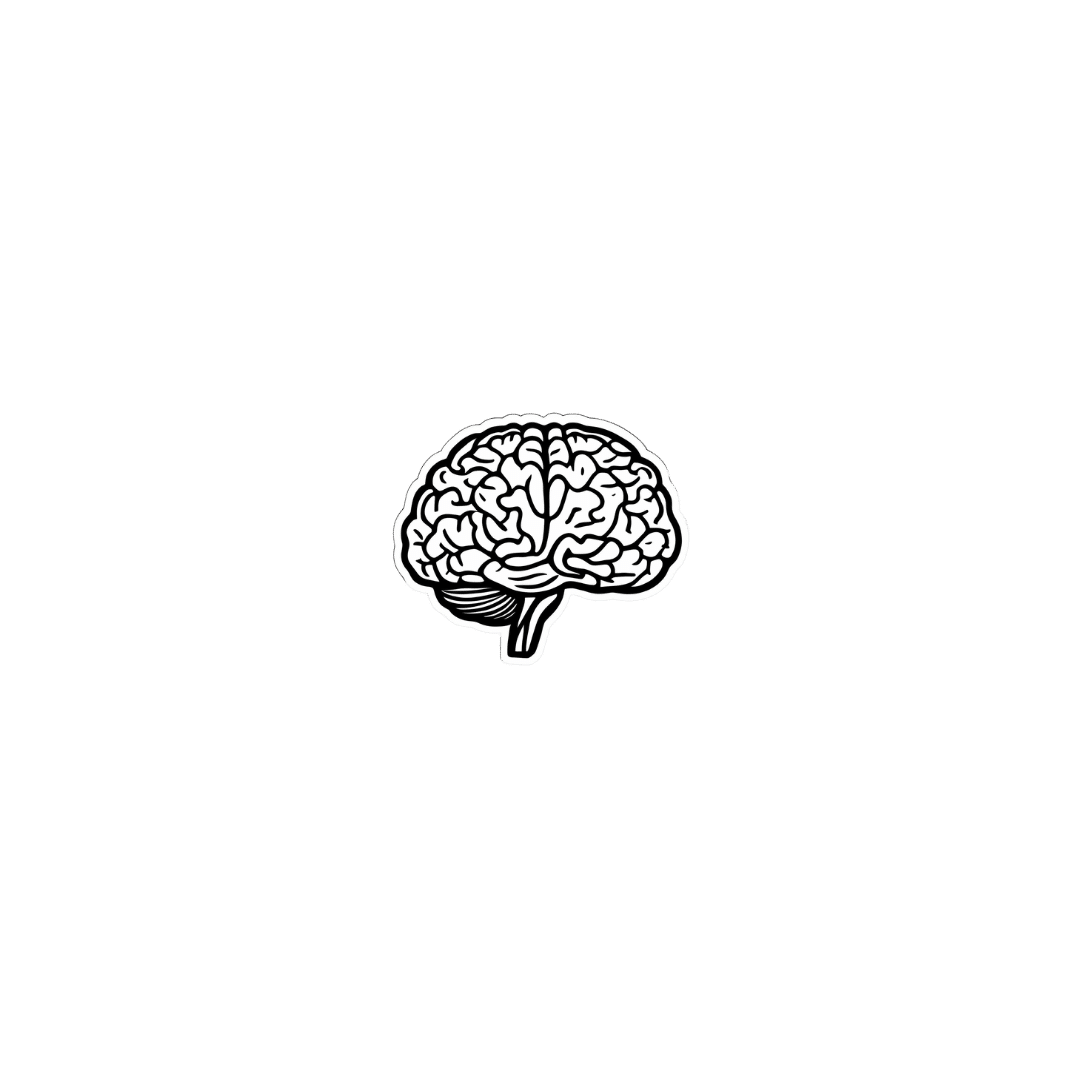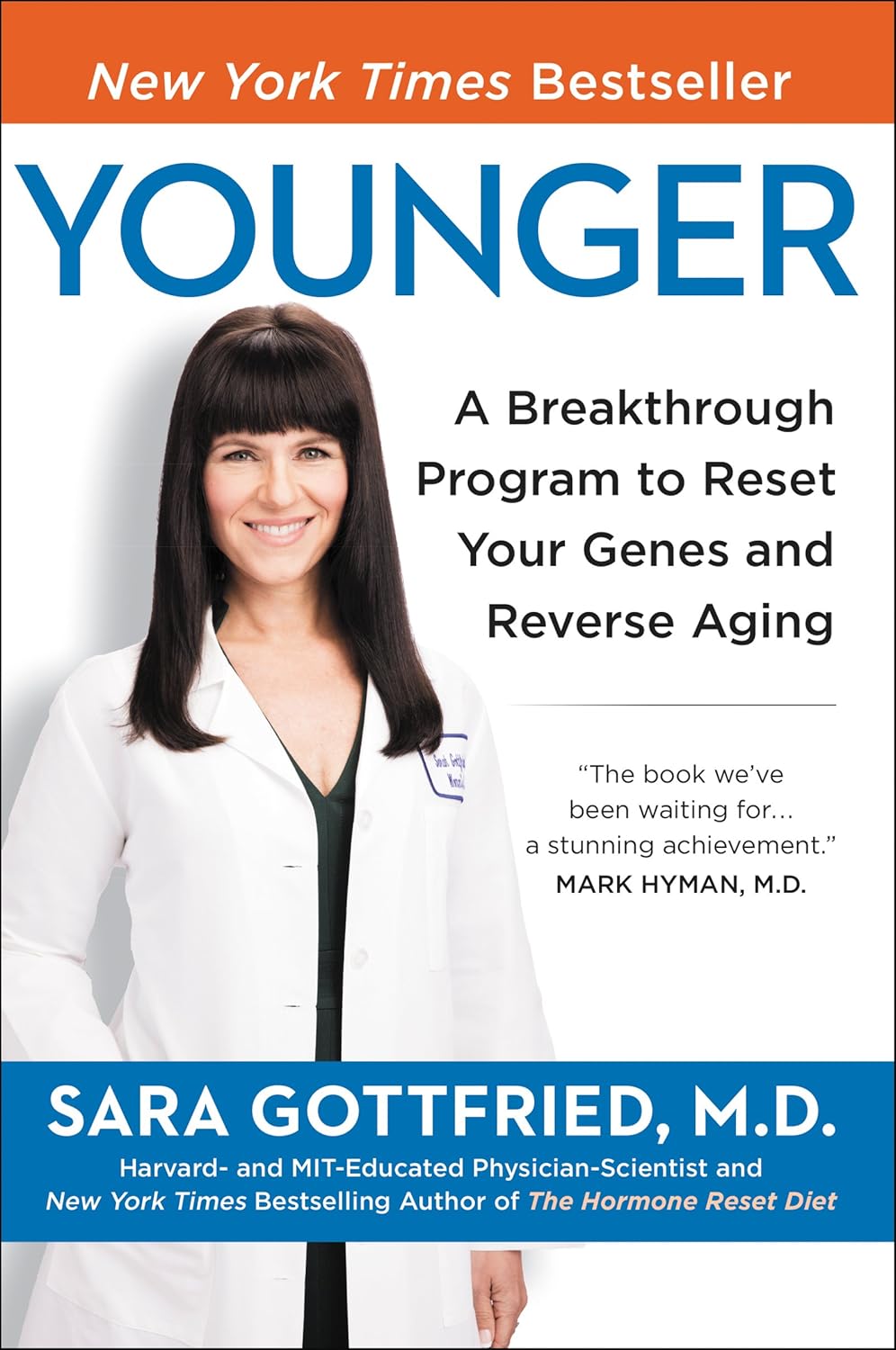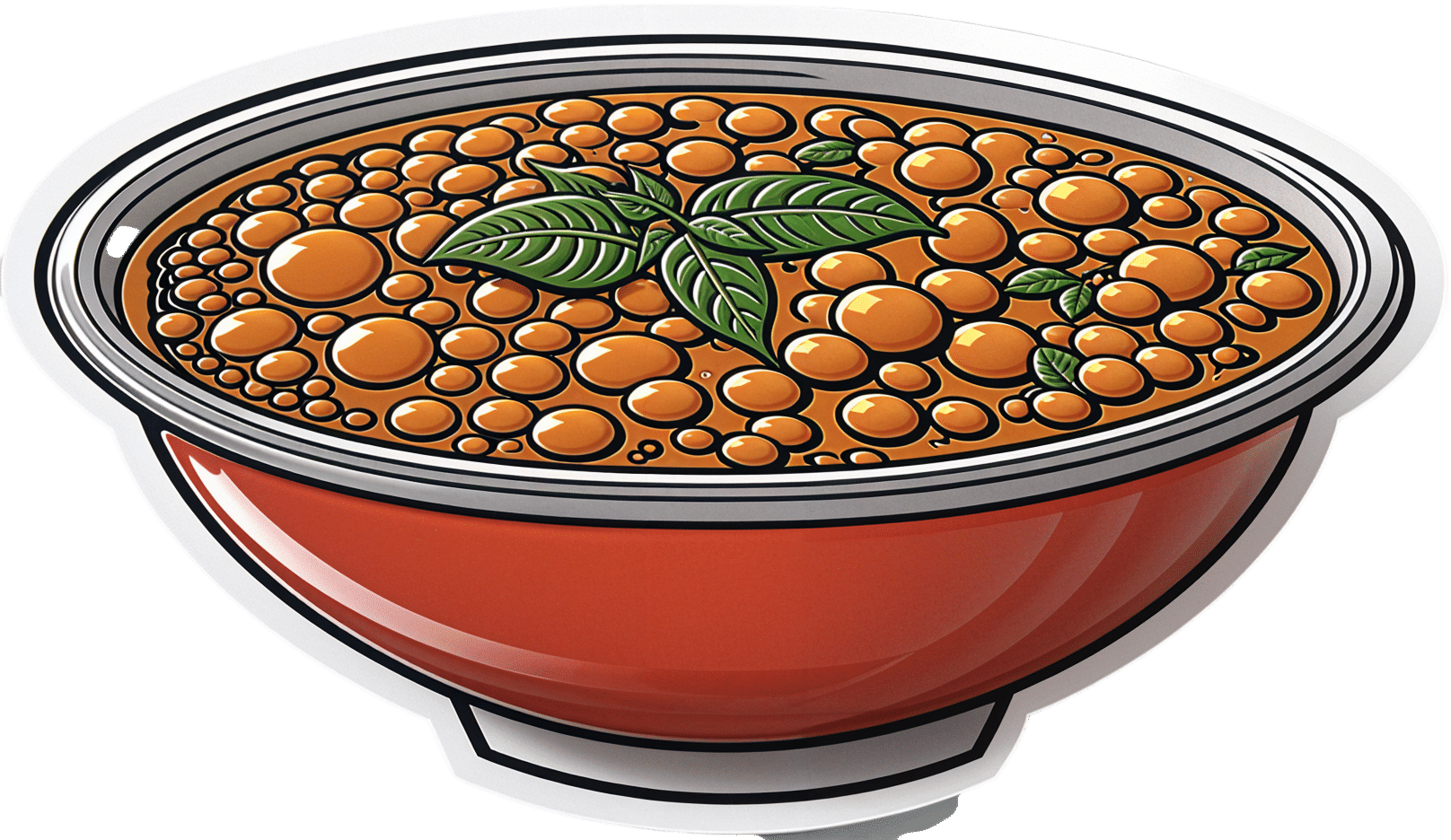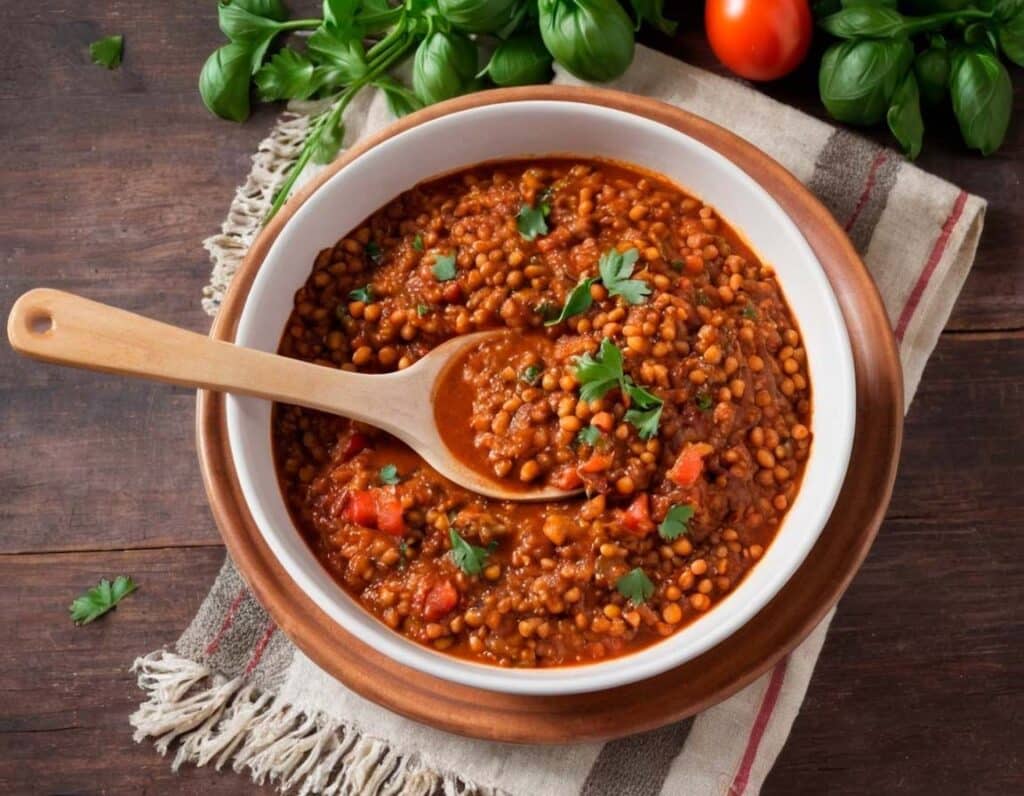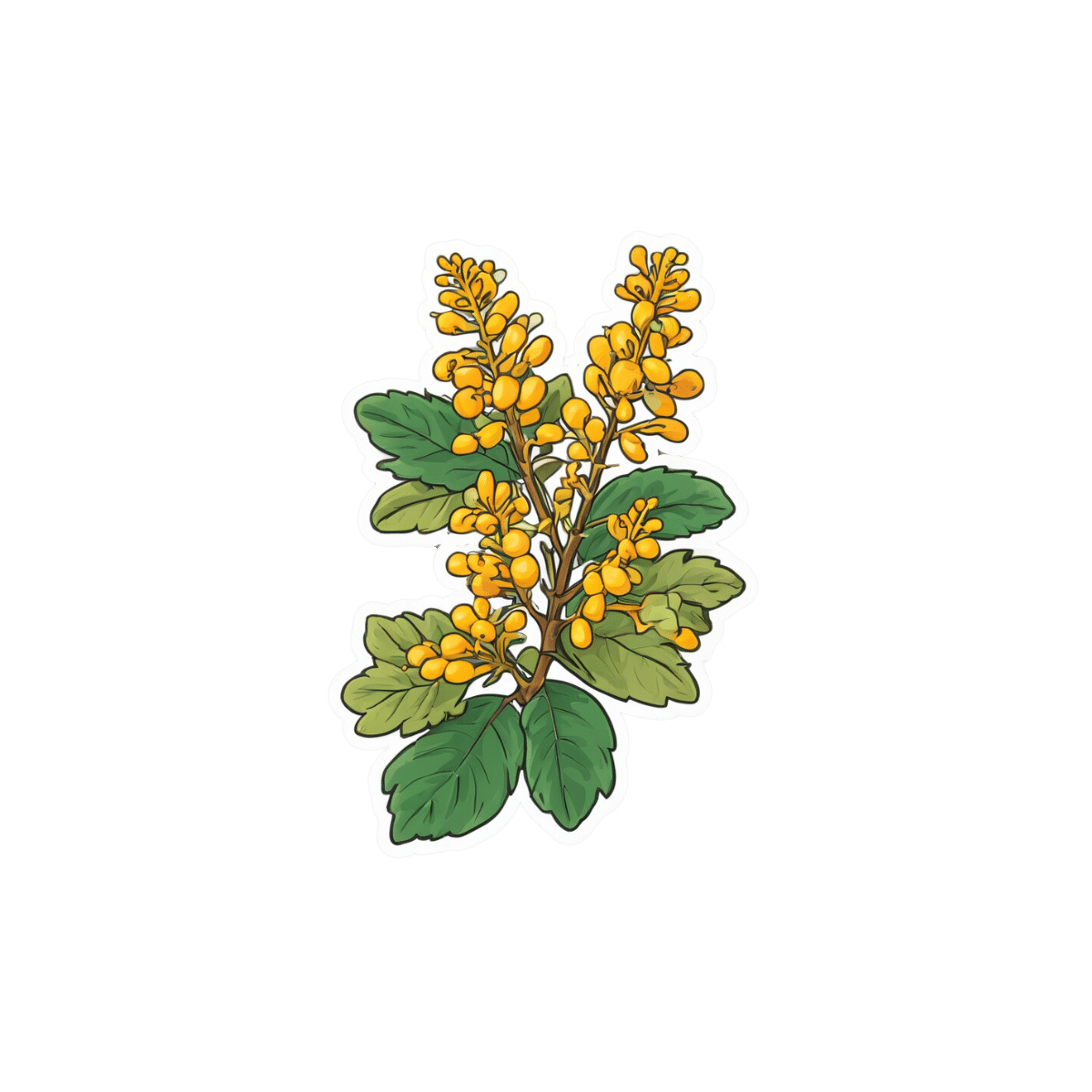
Take These To Lower Cholesterol! (Statin Alternatives)
10almonds is reader-supported. We may, at no cost to you, receive a portion of sales if you purchase a product through a link in this article.
Dr. Ada Ozoh, a diabetes specialist, took an interest in this upon noting the many-headed beast that is metabolic syndrome means that neither diabetes nor cardiovascular disease exist in a vacuum, and there are some things that can help a lot against both. Here she shares some of her top recommendations:
Statin-free options
Dr. Ozoh recommends:
- Bergamot: lowers LDL (“bad” cholesterol) by about 30% and slightly increases HDL (“good” cholesterol), at 500–1000mg/day, seeing results in 1–6 months
- Berberine: prevents fat absorption and helps burn stored fat, as well as reducing blood sugar levels and blood pressure, at 1,500mg/day
- Silymarin: protects the liver, and lowers cholesterol in type 2 diabetes, at 280–420mg/day
- Phytosterols: lower cholesterol by about 10%; found naturally in many plants, but it takes supplementation to read the needed (for this purpose) dosage of 2g/day
- Red yeast rice: this is white rice fermented with yeast, and it lowers LDL cholesterol by about 25%, seeing results in around 3 months
For more information on all of the above (including more details on the biochemistry, as well as potential issues to be aware of), enjoy:
Click Here If The Embedded Video Doesn’t Load Automatically!
Want to learn more?
You might also like to read:
- Statins: His & Hers? Very Different For Men & Women
- Berberine For Metabolic Health
- Milk Thistle For The Brain, Bones, & More ← this is about silymarin, which is extracted from Silybum marianum, the milk thistle plant
Take care!
Don’t Forget…
Did you arrive here from our newsletter? Don’t forget to return to the email to continue learning!
Recommended
Learn to Age Gracefully
Join the 98k+ American women taking control of their health & aging with our 100% free (and fun!) daily emails:
-
White Bread vs White Pasta – Which Is Healthier?
10almonds is reader-supported. We may, at no cost to you, receive a portion of sales if you purchase a product through a link in this article.
Our Verdict
When comparing a white bread to a white pasta, we picked the pasta.
Why?
Neither are great for the health! But like for like, the glycemic index of the bread is usually around 150% of the glycemic index for pasta.
All that said, we heartily recommend going for wholegrain in either case!
Bonus tip: cooking pasta “al dente”, so it is still at least a little firm to the bite, results in a lower GI compared to being boiled to death.
Bonus bonus tip: letting pasta cool increases resistant starches. You can then reheat the pasta without losing this benefit.
Please don’t put it in the microwave though; you will make an Italian cry. Instead, simply put it in a colander and pour boiling water over it, and then serve in your usual manner (a good approach if serving it separately is: put it in the serving bowl/dish/pan, drizzle a little extra virgin olive oil and a little cracked black pepper, stir to mix those in, and serve)
Enjoy!
Share This Post
-
Seeds: The Good, The Bad, And The Not-Really-Seeds!
10almonds is reader-supported. We may, at no cost to you, receive a portion of sales if you purchase a product through a link in this article.
It’s Q&A Day at 10almonds!
Have a question or a request? You can always hit “reply” to any of our emails, or use the feedback widget at the bottom!
In cases where we’ve already covered something, we might link to what we wrote before, but will always be happy to revisit any of our topics again in the future too—there’s always more to say!
As ever: if the question/request can be answered briefly, we’ll do it here in our Q&A Thursday edition. If not, we’ll make a main feature of it shortly afterwards!
So, no question/request too big or small
❝Doctors are great at saving lives like mine. I’m a two time survivor of colon cancer and have recently been diagnosed with Chron’s disease at 62. No one is the health system can or is prepared to tell me an appropriate diet to follow or what to avoid. Can you?❞
Congratulations on the survivorship!
As to Crohn’s, that’s indeed quite a pain, isn’t it? In some ways, a good diet for Crohn’s is the same as a good diet for most other people, with one major exception: fiber
…and unfortunately, that changes everything, in terms of a whole-foods majority plant-based diet.
What stays the same:
- You still ideally want to eat a lot of plants
- You definitely want to avoid meat and dairy in general
- Eating fish is still usually* fine, same with eggs
- Get plenty of water
What needs to change:
- Consider swapping grains for potatoes or pasta (at least: avoid grains)
- Peel vegetables that are peelable; discard the peel or use it to make stock
- Consider steaming fruit and veg for easier digestion
- Skip spicy foods (moderate spices, like ginger, turmeric, and black pepper, are usually fine in moderation)
Much of this latter list is opposite to the advice for people without Crohn’s Disease.
*A good practice, by the way, is to keep a food journal. There are apps that you can get for free, or you can do it the old-fashioned way on paper if prefer.
But the important part is: make a note not just of what you ate, but also of how you felt afterwards. That way, you can start to get a picture of patterns, and what’s working (or not) for you, and build up a more personalized set of guidelines than anyone else could give to you.
We hope the above pointers at least help you get going on the right foot, though!
❝Why do baked goods and deep fried foods all of a sudden become intolerable? I used to b able to ingest bakery foods and fried foods. Lately I developed an extreme allergy to Kiwi… what else should I “fear”❞
About the baked goods and the deep-fried foods, it’s hard to say without more information! It could be something in the ingredients or the method, and the intolerance could be any number of symptoms that we don’t know. Certainly, pastries and deep-fried foods are not generally substantial parts of a healthy diet, of course!
Kiwi, on the other hand, we can answer… Or rather, we can direct you to today’s “What’s happening in the health world” section below, as there is news on that front!
We turn the tables and ask you a question!
We’ll then talk about this tomorrow:
Share This Post
-
What Loneliness Does To Your Brain And Body
10almonds is reader-supported. We may, at no cost to you, receive a portion of sales if you purchase a product through a link in this article.
Spoiler: it’s nothing good (but it can be addressed!)
Not something to be ignored
Loneliness raises the risk of heart disease by 29% and the risk of stroke by 32%. It also brings about higher susceptibility to illness (flu, COVID, chronic pain, etc), as well as poor sleep quality and cognitive decline, possibly leading to dementia. Not only that, but it also promotes inflammation, and premature death (comparable to smoking).
This is because the lack of meaningful social connections activates the body’s stress response, which in turn increases paranoia, suspicion, and social withdrawal—which makes it harder to seek the social interaction needed to alleviate it.
On a neurological level, cortisol levels become imbalanced, and a faltering dopamine response leads to impulsive behaviors (e.g., drinking, gambling) to try to make up for it. Decreased serotonin, oxytocin, and natural opioids reduce feelings of happiness and negate pain relief.
As for combatting it, the first-line remedy is the obvious one: connecting with others improves emotional and physical wellbeing. However, it is recommended to aim for deep, meaningful connections that make you happy rather than just socializing for its own sake. It’s perfectly possible to be lonely in a crowd, after all.
A second-line remedy is to simply mitigate the harm by means of such things as art therapy and time in nature—they can’t completely replace human connection, but they can at least improve the neurophysiological situation (which in turn, might be enough of a stop-gap solution to enable a return to human connection).
For more on all of this, enjoy:
Click Here If The Embedded Video Doesn’t Load Automatically!
Want to learn more?
You might also like to read:
How To Beat Loneliness & Isolation
Take care!
Share This Post
Related Posts
-
Younger – by Dr. Sara Gottfried
10almonds is reader-supported. We may, at no cost to you, receive a portion of sales if you purchase a product through a link in this article.
Does this do the things it says in the subtitle? In honestly, not really, no, but what it does do (if implemented) is modify your gene expression, slow aging, and extend healthspan. Which is all good stuff, even if it’s not the snappy SEO-oriented keywords in the subtitle.
A lot of the book pertains to turning certain genes (e.g. SIRT1, mTOR, VDR, APOE4, etc) on or off per what is sensible in each case, noting that while genes are relatively fixed (technically they can be changed, but the science is young and we can’t do much yet), gene expression is something we can control quite a bit. And while it may be unsettling to have the loaded gun that is the APOE4 gene being held against your head, at the end of the day there are things we can do that influence whether the trigger gets pulled, and when. Same goes for other undesirable genes, and also for the desirable ones that are useless if they never actually get expressed.
She offers (contained within the book, not as an upsell) a 7-week program that aims to set the reader up with good healthy habits to do just that and thus help keep age-related maladies at bay, and if we slip up, perhaps later in the year or so, we can always recommence the program.
The advice is also just good health advice, even without taking gene expression into account, because there are a stack of benefits to each of the things in her protocol.
The style is personable without being padded with fluff, accessible without dumbing down, and information-dense without being a challenging read. The formatting helps a lot also; a clear instructional layout is a lot better than a wall of text.
Bottom line: if you’d like to tweak your genes for healthy longevity, this book can help you do just that!
Don’t Forget…
Did you arrive here from our newsletter? Don’t forget to return to the email to continue learning!
Learn to Age Gracefully
Join the 98k+ American women taking control of their health & aging with our 100% free (and fun!) daily emails:
-
Cacao vs Carob – Which is Healthier?
10almonds is reader-supported. We may, at no cost to you, receive a portion of sales if you purchase a product through a link in this article.
Our Verdict
When comparing cacao to carob, we picked the cacao.
Why?
It’s close, and may depend a little on your priorities!
In terms of macros, the cacao has more protein and fat, while the carob has more carbohydrates, mostly sugar. Since people will not generally eat this by the spoonful, and will instead either make drinks or cook with it, we can’t speak for the glycemic index or general health impact of the sugars. As for the fats, on the one hand the cacao does contain saturated fat; on the other, this merely means that different saturated fat will usually be added to the carob if making something with it. Still, slight win for the carob on the fat front. Protein, of course, is entirely in cacao’s favor.
In the category of vitamins and minerals, they’re about equal on vitamins, while cacao wins easily on the mineral front, boasting more copper, iron, magnesium, manganese, and phosphorus.
While both have a generous antioxidant content, this one’s another win for cacao, with about 3x the active polyphenols and flavonoids.
In short: both are good, consumed in moderation and before adding unhealthy extra ingredients—but we say cacao comes out the winner.
If you’re looking specifically for the above-depicted products, by the way, here they are:
Want to learn more?
You might like to read:
- Enjoy Bitter Foods For Your Heart & Brain
- Chocolate & Health
- The Truth About Chocolate & Skin Health
Enjoy!
Don’t Forget…
Did you arrive here from our newsletter? Don’t forget to return to the email to continue learning!
Learn to Age Gracefully
Join the 98k+ American women taking control of their health & aging with our 100% free (and fun!) daily emails:
-
Hearty Healthy Ragù
10almonds is reader-supported. We may, at no cost to you, receive a portion of sales if you purchase a product through a link in this article.
Ragù is a traditional Italian meaty sauce with tomato, and is the base for a number of other Italian dishes. It can be enjoyed as-is, or with very minor modifications can be turned into a Bolognese sauce or a lasagna filling or various other things. Our variations from tradition are mainly twofold here: we’re using nutrition-packed lentils instead of meat (but with a couple of twists that make them meatier), and we’re not using wine.
Traditionally, red wine is used in a ragù (white wine if you want to make it into a Bolognese sauce, by the way), but with all we’re doing it’s not necessary. If you want to add a splash of wine, we’re not going to call that a healthy ingredient, but we’re also not the boss of you
You will need
- 1 large onion (or equivalent small ones), chopped roughly
- 1 bulb garlic (or to your heart’s content), chopped finely or crushed
- 4 large tomatoes, chopped (or 2 cans chopped tomatoes)
- 1 tube (usually about 7 oz) tomato purée
- 1 cup brown lentils (green lentils will do if you can’t get brown)
- 1 tbsp chia seeds
- 1 tbsp black pepper, cracked or coarse ground
- 1 bunch fresh basil, finely chopped (or 1 tbsp, freeze-dried)
- 1 bunch fresh oregano, finely chopped (or 1 tbsp, freeze-dried)
- 1 tbsp nutritional yeast (failing that, 1 tbsp yeast extract, yes, even if you don’t like it, we promise it won’t taste like it once it’s done; it just makes the dish meatier in taste and also adds vitamin B12)
- 1 tsp cumin, ground (note that this one was tsp, not tbsp like the others)
- 1 tsp MSG, or 2 tsp low-sodium salt
- 4 cups water
- Olive oil for frying (ideally Extra Virgin, but so long as it’s at least marked virgin olive oil and not cut with other oils, that’s fine)
- Parsley, chopped, to garnish
Method
(we suggest you read everything at least once before doing anything)
1) Put the lentils in a small saucepan, or if you have one, a rice cooker (the rice cooker is better; works better and requires less attention), adding the chia seeds, MSG or low sodium salt, and nutritional yeast (or yeast extract). as well as the cumin. Add 4 cups boiling water and turn on the heat to cook them. This will probably take about 15–20 minutes; you want the lentils to be soft; a tiny bit past al dente, but not so far as mushy.
2) Fry the onion in some olive oil in a big pan (everything is going in here eventually if the pan is big enough; if it isn’t, you’ll need to transfer to a bigger pan in a bit). Once they’re nearly done, throw in the garlic too. If the lentils aren’t done yet, take the onions and garlic off the heat while you wait. After a few times of doing this recipe, you’ll be doing everything like clockwork and it’ll all align perfectly.
3) Drain the lentils (if all the water wasn’t absorbed; again, after doing it a few times, you’ll just use the right amount of water for your apparatus) but don’t rinse them (remember you put seasonings in here!), and add them to the pan with the onions and garlic; add a splash more olive oil if necessary, and stir until all the would-be-excess fat is absorbed into the lentils.
Note: the excess fat to be absorbed by the lentils was a feature not a bug; we wanted a little fat in the lentils! Makes the dish meatier and tastier, as well as more nutrient-dense.
4) add the tomatoes and tomato purée, stirring them in thoroughly; add the basil and oregano too and stir those in as well. Set it on a low heat for at least 10–15 minutes, stirring occasionally to let the flavors blend.
(if you happen to be serving pasta with it, then the time it takes to boil water and cook the pasta is a good time for the flavors to do their thing)
5) take it off the heat, and add the parsley garnish. It’s done!
Enjoy!
Want to learn more?
For those interested in some of the science of what we have going on today:
- What Is The Mediterranean Diet, Anyway?
- Four Ways To Upgrade The Mediterranean
- Eat More (Of This) For Lower Blood Pressure ← one more reason for the brown lentils today
- Chia: The Tiniest Seeds With The Most Value
- Black Pepper’s Impressive Anti-Cancer Arsenal
- The Many Health Benefits of Garlic
- Olive Oil: Is “Extra Virgin” Worth It?
Take care!
Don’t Forget…
Did you arrive here from our newsletter? Don’t forget to return to the email to continue learning!
Learn to Age Gracefully
Join the 98k+ American women taking control of their health & aging with our 100% free (and fun!) daily emails:




